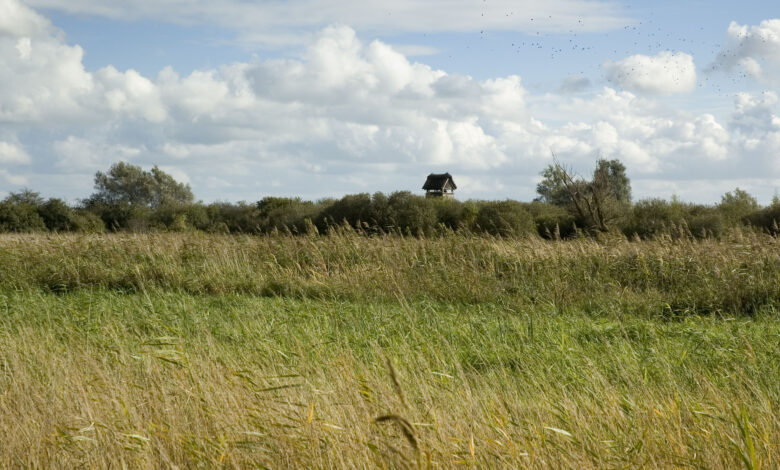The Fenland Citizen: Embracing Community and Heritage

The Fenland Citizen plays a vital role in the community of the Fenlands. This unique area in the eastern part of England is known for its rich history, distinctive landscape, and vibrant culture. In this article, we’ll explore what it means to be a Fenland Citizen, the significance of community engagement, and how local initiatives help preserve the heritage of this beautiful region.
What is Fenland?
Fenland refers to a low-lying area in East Anglia, consisting of wetlands, marshes, and farmland. It encompasses towns like Wisbech, March, and Chatteris, each with its own character. The region is known for its agricultural contributions, especially in growing vegetables and cereals.
Key Features of Fenland:
- Wetlands and Marshes: These habitats are essential for biodiversity and support various wildlife.
- Agricultural Land: The fertile soil makes Fenland a prime area for farming.
- Historical Landmarks: The area is rich with history, featuring churches, windmills, and remnants of the drainage systems from the 17th century.
The Role of a Fenland Citizen
Being a Fenland Citizen means more than just living in the area. It involves being an active participant in the community. Fenland Citizens take pride in their heritage and work to enhance the quality of life in their towns.
Responsibilities of a Fenland Citizen:
- Community Engagement: Participate in local events, meetings, and volunteer opportunities.
- Preserving Heritage: Support initiatives that celebrate the history and culture of the Fenlands.
- Promoting Sustainability: Advocate for environmentally friendly practices that protect the unique landscapes.
- Supporting Local Businesses: Choose local shops and services to strengthen the local economy.
Community Initiatives in the Fenlands
Many local initiatives help foster a sense of community among Fenland Citizens. These programs focus on sustainability, education, and cultural appreciation.
Examples of Community Initiatives:
- Environmental Projects: Initiatives like tree planting and wildlife conservation efforts bring citizens together to protect their environment.
- Cultural Festivals: Events such as the Wisbech Rose Fair celebrate local traditions and encourage community participation.
- Educational Programs: Workshops and seminars on farming techniques and environmental awareness help educate citizens about their impact on the region.
The Importance of Local Identity
The identity of Fenland Citizens is closely tied to the region’s rich history and culture. Understanding this identity fosters pride and unity among residents.
Elements of Local Identity:
- Historical Awareness: Knowledge of the area’s past helps citizens appreciate their surroundings.
- Cultural Traditions: Celebrating local customs strengthens community bonds.
- Language and Dialect: The unique Fenland dialect contributes to a distinct local identity.
Conclusion
Being a Fenland Citizen means actively engaging with the community, preserving its rich heritage, and supporting local initiatives. Together, Fenland Citizens can create a vibrant and sustainable future for their towns while honoring the past.





